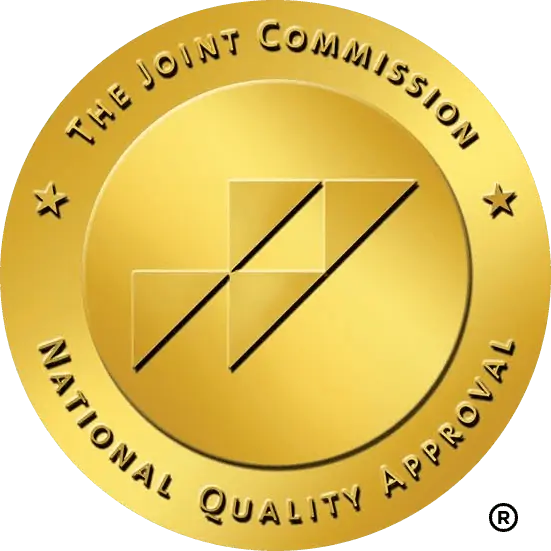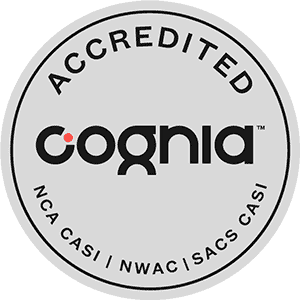Instructions: Answer the questions about your teens behavior.
ADHD Treatment:
It is estimated that nearly 1 in 10 children suffer from ADHD, according to the centers for disease control. Here are some basic ideas for parents of teenage or pre-teen children who are, or who may be, struggling with this disorder.
Diet:
Increasingly professionals are correlating peoples’ problems with poor diets. The old saying “You are what you eat” may not be literally true but it may play a bigger factor than previously thought in the way that we feel every day. A diet of Cheetos and pop, for instance, is not the ideal diet for proper body and mind nourishment. Ensuring that your teen eats a proper balanced diet is essential in developing and maintaining mental and physical health.
Well balanced diets have been shown to lessen the symptoms of certain disorders such as ADD or ADHD. Many parents of teens with ADHD have found that in addition to medications their child’s ADHD symptoms are significantly lessened when the child eats a well-balanced diet that includes fruits, vegetables, complex carbohydrates and a sufficient amount of protein.
Exercise:
Parents are professionals are becoming more and more attracted to alternatives to taking drugs for ADHD. Exercise is one area that some studies have shown may increase the performance levels of a teen with ADHD. Exercise can serve as one outlet for children with ADHD. The worst thing that can be done with a teen that has difficultly focusing or sitting still is to leave him or her cooped up all day inside.
Schedule:
Maintaining a consistent schedule helps many teens to thrive. Anyone with kids can attest that when they are out of their regular routine their behavior tends to deteriorate. Fighting and defiance are both increased when a child is not on a regular schedule, or when they are not getting an adequate amount of sleep.
Relationship:
Lastly, parents of teens struggling with ADHD often find their relationship may be strained because of the constant reminding and asking for simple tasks to be completed. The most important advice is to always maintain a positive relationship with your teen because children thrive when they have a healthy relationship with their parents. If a parent is finding that he or she is spending more time disciplining and correcting than spending in loving and validating immediate corrections should be made to love and validate more than what is being spent disciplining and correcting. Often times once the correct balance is found parents see an immediate improvement in the child’s behavior.
**Note: This page is meant for informational purposes only. It is not a complete list of all disorders, but rather the most common disorders present in the youth that are served by the Turning Winds therapeutic boarding school Facility. For further understanding and information about any of the above disorders, please consult the Diagnostic and Statistical Manual of Mental Disorders-V-TR.







